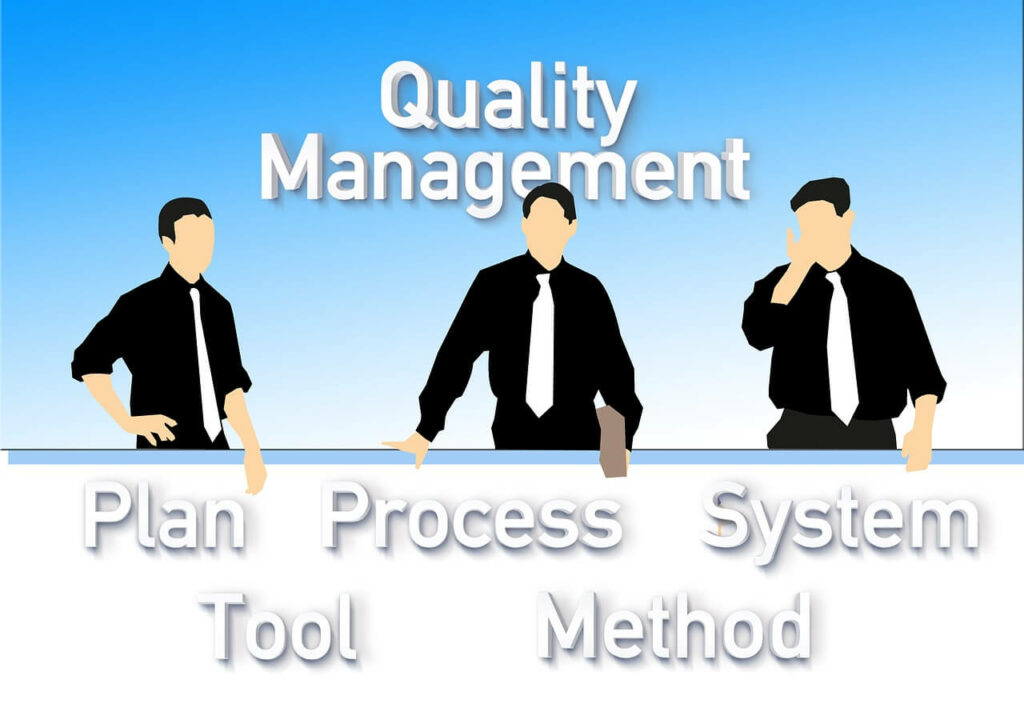
All departments within an organisation are interrelated. In many cases, the quality management team play a crucial role that affects all other departments’ performance metrics and impacts a business’ bottom line.

For example, if a product does not meet the standard levels of quality, then the sales department are impacted, and customer satisfaction goes down. Any kind of rework and recalls returns can affect the planning department. Also, you may have to break a production line schedule to make up the deficit, which can affect manufacturing.
Therefore, you need to have a robust quality process that helps your business flow smoothly. Everything starts with a robust quality management team. The industry is fast-paced, where technology and practices are continually evolving. So, it would help if you focused your efforts on developing and deploying the correct set of skills for your team through a quality management course. This will help your organisation develop a combination of both technical and interpersonal expertise. The essential skills that any member of a quality team should possess are:
1. Understanding of variation introduced by measurement devices: Devices are variable as does human involvement. An understanding of measurement limitations in accuracy & repeatability is vital to collecting and accurately representing your data.
2. Practical usage of data analysis tools (e.g., root cause analysis, Pareto charts, and box and whiskers charts): Your team members need a foundation of essential statistical tools to grow upon.
3. Problem-solving: General intelligence alone is not enough. Involve your team informal training through a quality management course to learn strategic approaches to problem-solving.
4. Analytical and research skills: The quality of information is more important than quantity. When looking at vast volumes of data, your team needs to determine which information is most valuable and usable.
5. Effective interaction with other departments/suppliers: For your organisation to run smoothly, the quality department needs to foster positive interactions with other internal departments, external customers, and suppliers.
6. Leadership: Every team needs a member to step up, give the department direction and lead by example. Encourage team members to take ownership of their projects—a vested interest inevitably produces more significant results.
7. Willingness to learn new methods and systems: With technology rapidly evolving in today’s world, your team must have a positive attitude when it comes to embracing new tools, ideas, and processes.
8. Ability to manage multiple priorities: Many companies are operating with more automation and fewer people. Your team members should be able to balance and effectively achieve various responsibilities and goals.
9. Teamwork: With individuals shouldering more priorities and responsibilities, working together to distribute the workload will ensure all your company needs are met.
10. Communication skills: Effective communication and active listening are essential to teamwork. Don’t just hear the words, find the meaning behind them. An open dialogue creates mutual understanding.
11. Sound judgment and decision making: Data is meaningless if your team cannot interpret and use the information to make logical choices and changes to optimise your products and processes.
Conclusion:
Having the right set of skills in your quality team is the foundation for building a strong quality department that will allow you to develop robust quality processes. LBTC offers quality management courses that can help you create a robust quality plan. Visit our website to learn more.

Leave a Reply